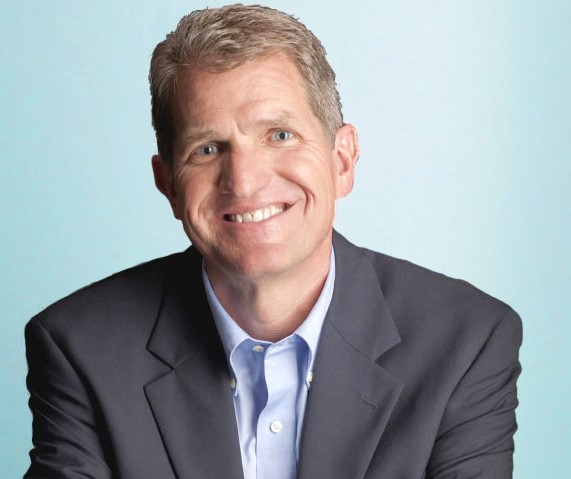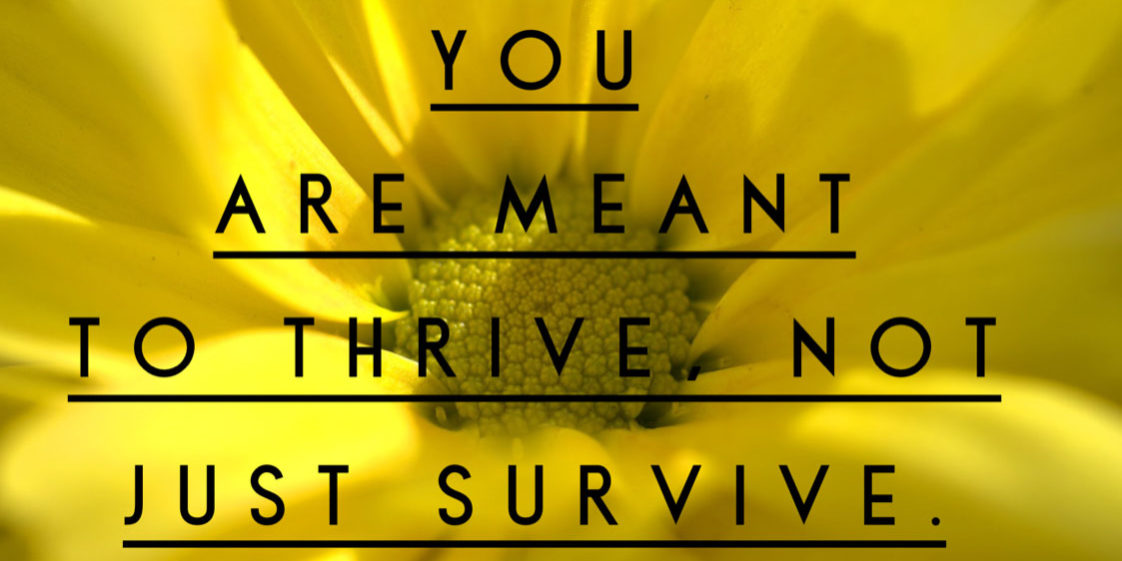Moving Caregivers from Surviving to Thriving
Caregivers often fall into existing in either crisis mode or chronic mode, according to Dr. Lee Baucom, author of “Thrive Principles” and “The Immutable Laws of Living.”
With crises at the fore, caregivers are moving from emergency to emergency and not taking time for themselves. For caregivers in chronic mode, the focus is on constantly caring for another’s needs and not caring for one’s own.
“They set aside their needs to the detriment of even being able to be a connected caregiver,” said Baucom, who was a therapist for 23 years before becoming a coach.
He has a number of concrete suggestions to help caregivers move out of simply surviving to thriving. The ideas include both internal and external changes, including both active steps needed to provide more time for oneself and also thoughtful ways of reorienting ones’ thoughts to make each moment more enjoyable.
Here are his top four recommended steps for improving one’s caregiving life:
1) Don’t Wait Until a Crisis to Get Support
The most vital step for many caregivers is this first one, which involves building a support team immediately, so that they’ll have time and space to care for themselves throughout the caregiving years. Often caregivers will say they don’t know anyone who can help, but if they take time to assess this situation, there may be people—such as extended family and friends, who may be able to pitch in. If there is literally no one, then it’s important to take steps to change that by connecting to a senior center, caregivers association, church or temple, or even local organizations like the library or specialty clubs to change that situation. “Most caregivers don’t realize early enough that they can’t be all things to that person,” Baucom said. “When they do realize it, they’re desperate.”
2) Self-care
Self-care is vital, because a caregiver who doesn’t care for his or her health can’t properly care for a loved one. Within self-care, there are at least four different areas to address: nutrition, rest, exercise and stress. People often are doing well with two or three areas, but miss one or more. In the daily rush of caring for another, they may stop eating well or not take the time to fully rest (both mind and body) or get some exercise. Daily stresses may be pushed to the side instead of handled, so take a moment to see whether there are self-care areas that need some more attention. In addition, with a good support team, caregivers can take time away from caregiving to enjoy other activities, so they have mental respite and can lead a more multidimensional life.
3) Accepting What Is
For both my husband, Don, who was paralyzed from the neck down for 6-1/2 years before his death, and myself, this was the most important step. We both had to learn to accept our new normal, and once we did, everything became a little easier. Baucom notes that whatever the current situation is, it’s important to accept it. This doesn’t mean giving up; it means living in the present moment. People may compare themselves to others—perhaps friends with active spouses and parents instead of a spouse or parent who has suffered a stroke or dementia. Caregivers may dwell on the unfairness of life or wish for a better past or future. “This wastes a lot of mental energy,” Baucom said. “It keeps us separated from the present moment. Instead, accept that ‘This is where I am.’ Life isn’t fair. It’s never been fair, but you can find a deeper place of purpose.”
4) Find Purpose and Meaning
Caregivers lose track of how meaningful their work is. It has purpose. They are making a difference. There is no need to stumble through their days, but instead they can embrace a different meaning and purpose in their work of caring for their loved ones, Baucom said. “Humans are designed for impact,” Baucom said. “We spend a lot of time or wasted energy trying to find happiness. It’s not about happiness. It’s about finding meaning and purpose. Happiness will follow.”
As caregivers work to build a support team and transition from surviving to thriving, it’s also important to think about what thriving means, he added. “It’s not that nothing bad is happening. It’s that you know you can deal with what’s coming your way.”

Dr. Lee Baucom is the author of “Thrive Principles” and “The Immutable Laws of Living.”
To make an online donation to The Kathi Koll Foundation, please click here.


